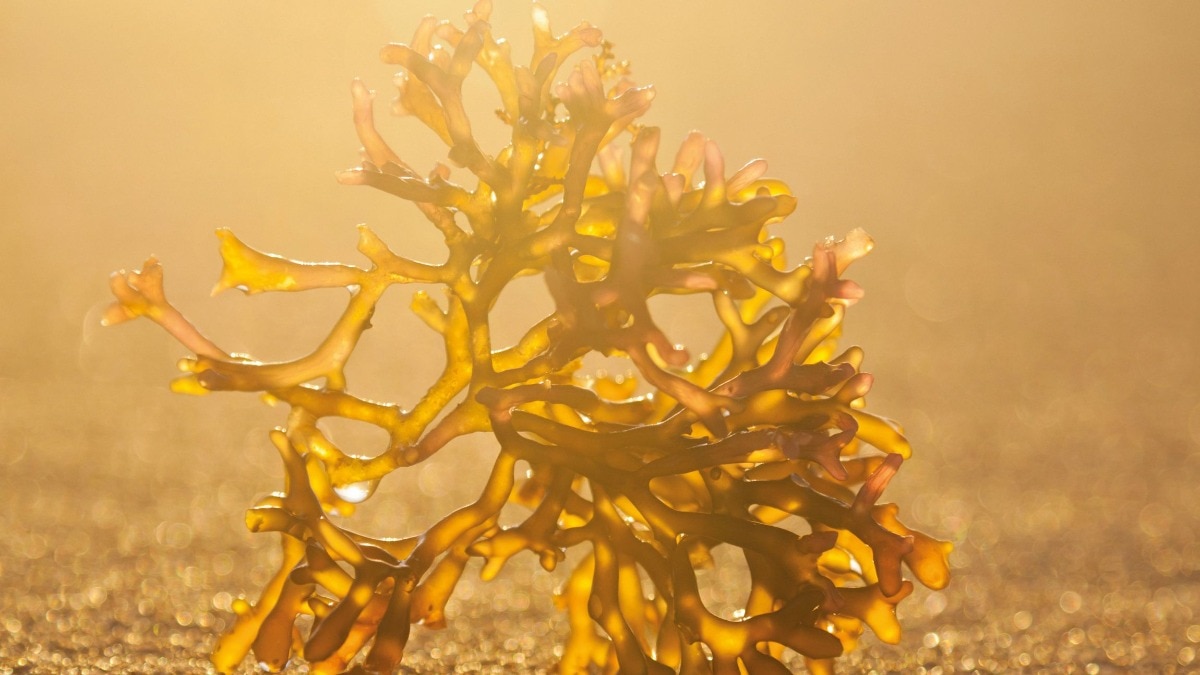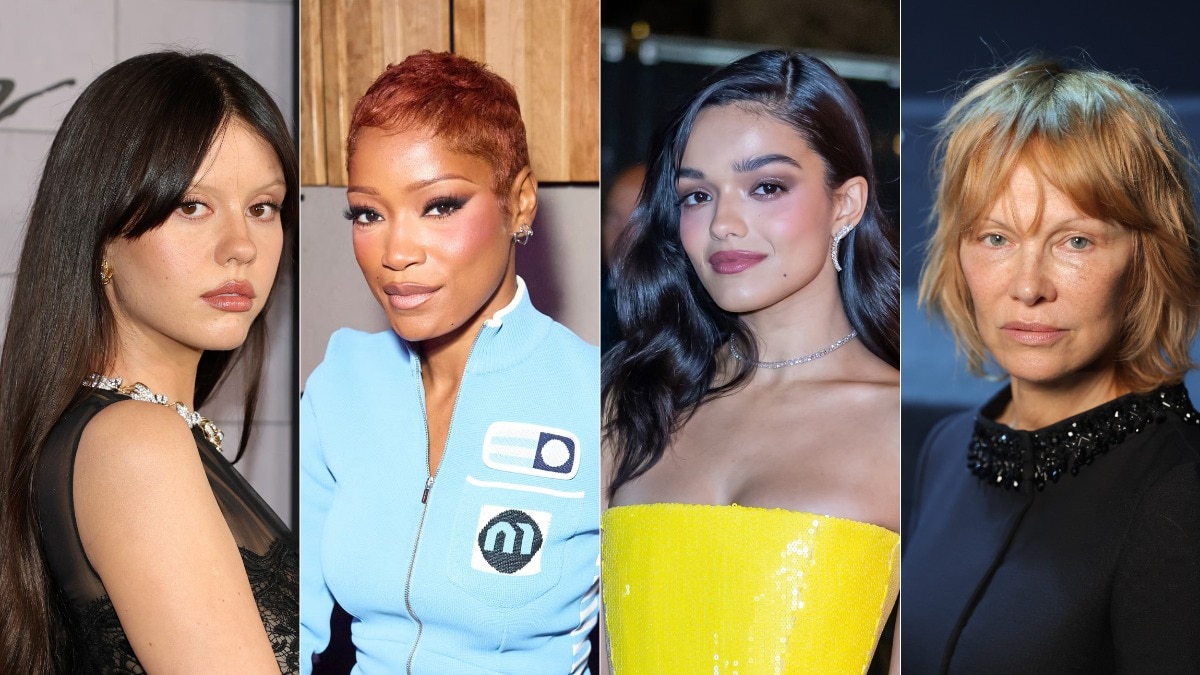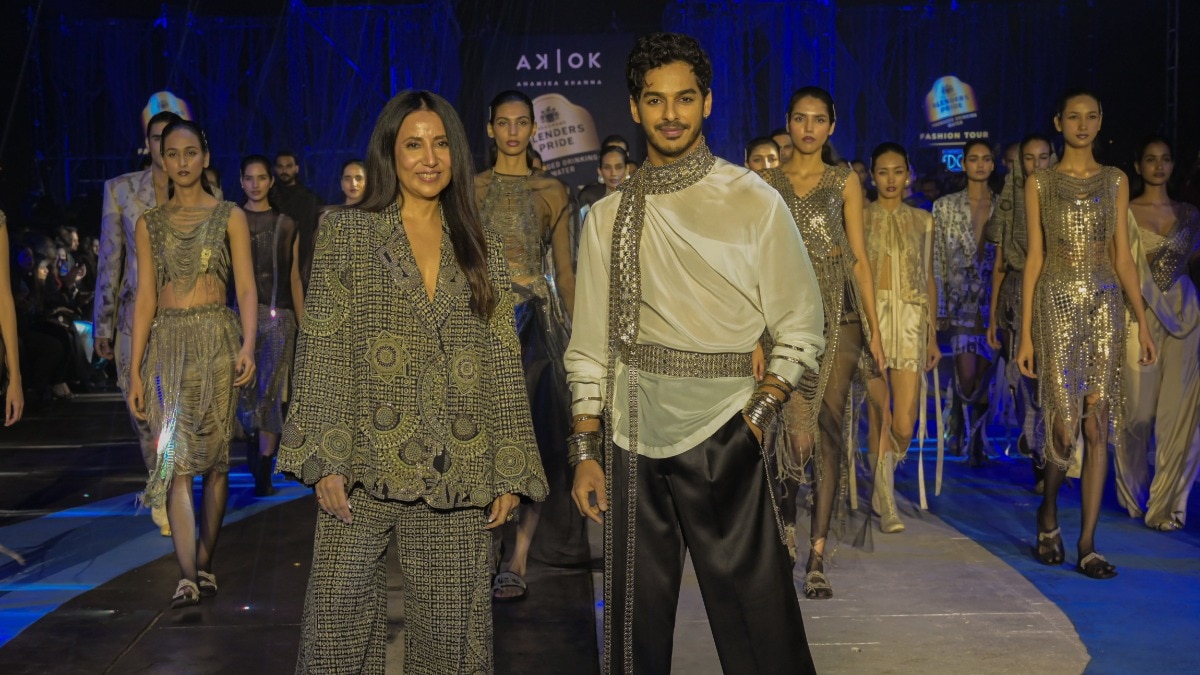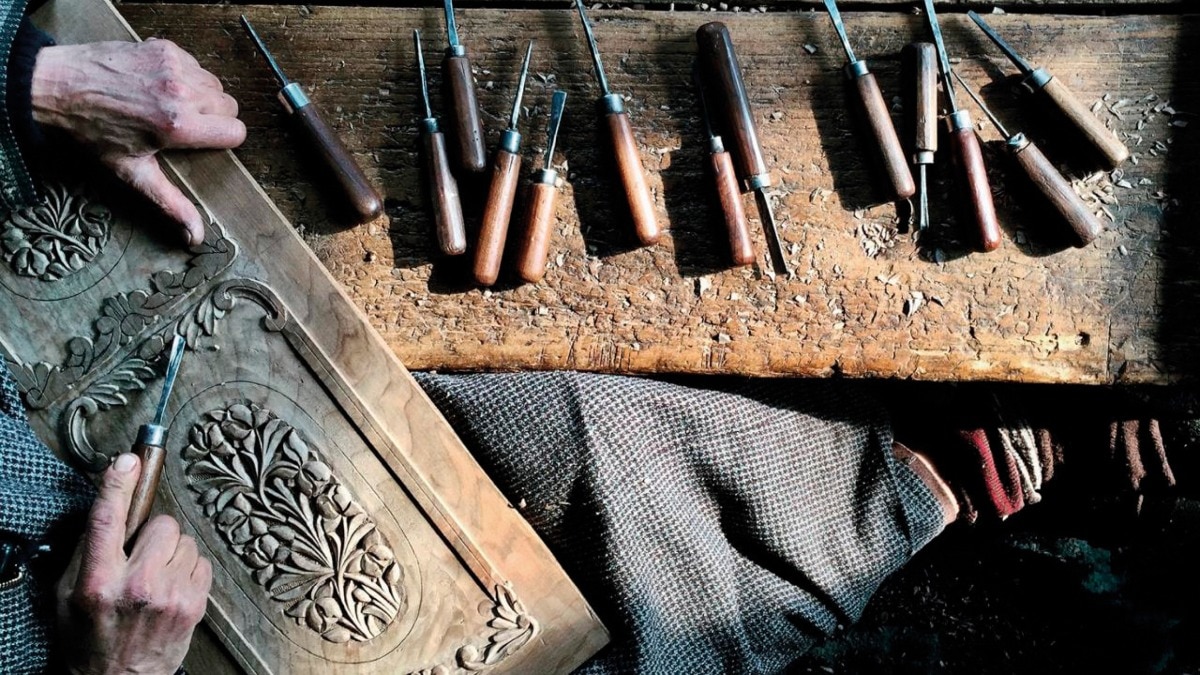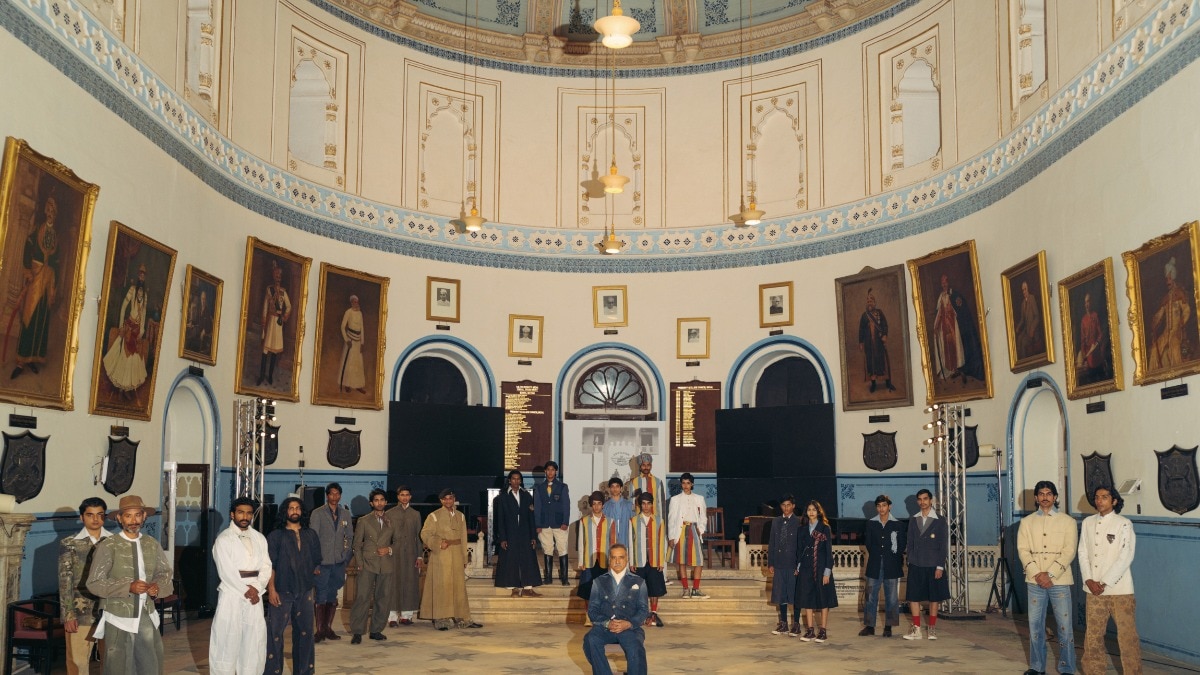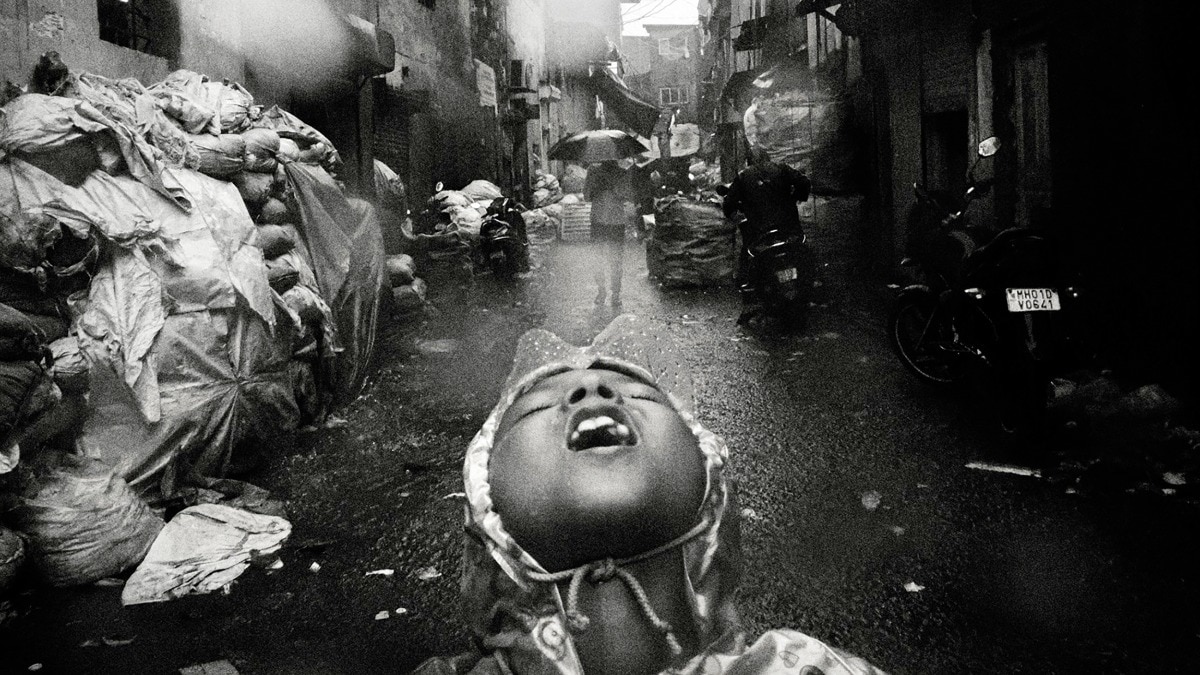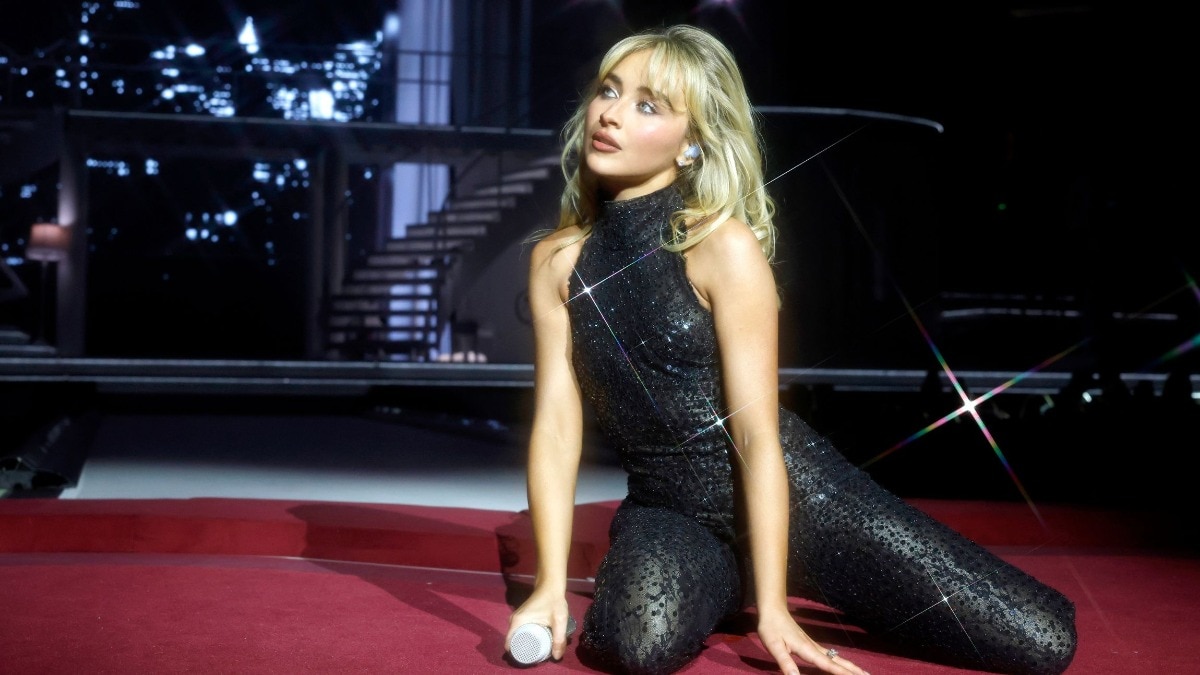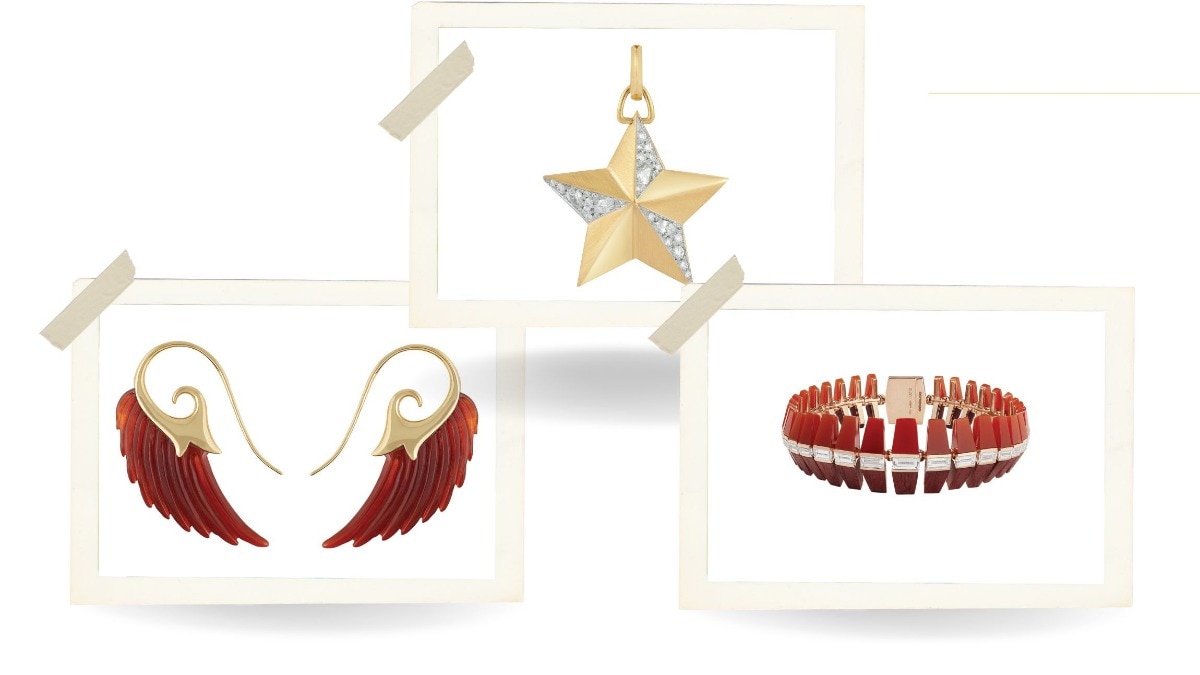
From endorsements to entrepreneurship, celebrities are reshaping brand loyalty
And shaping how and what we buy.


Beauty brands have long understood the impact of attaching a famous face to their products, and for good reason. Addressing the key question as to how celebrity endorsements lead to the success of a make-up and skincare product, Harminder Sahni, founder & MD at Wazir Advisors, says, “Familiarity is the biggest draw. With such penetration of social media, the consumer feels a sort of personal connection with celebrities and hence the urge to accept their recommendation and endorsement. Celebrities have not only replaced models but have expanded the market for endorsements. In my view, the overall impact may not be any different from using a model versus a celebrity. But no one dares to check.” With a massive following, an aura of glamour that is magnetic, and a sense of trust, celebrities already possess a wide consumer base—the fan base which supports them out of admiration.

In the midst of the Paris Fashion Week in September, the brand figurehead, Aishwarya Rai Bachchan’s captivating presence on the runway during L’Oreal’s ‘Walk Your Worth’ show left no doubt about the atmosphere a celebrity can create. She left everyone awestruck. Turning back the clock, Lakmé (a French word for goddess Lakshmi) was the first make-up brand that originated within the country and made its debut in the 1950s, following a robust marketing strategy.
They flashed Shyamoli Verma (the 80’s supermodel and one of the country’s many heartthrobs) as the face of the brand. Adorning Lakmé products and wearing traditional attire, she was all dressed to impress. After this ground-breaking marketing idea, which is still relevant, many Bollywood luminaries like Rekha and Kareena Kapoor Khan, and even newcomers such as Ananya Panday joined the endorsement club. Loyal customers will agree that it’s more than just a transaction, it’s an emotional connection. A good example of this would be the pre-match press conference for UEFA Euro 2020. Football’s beloved Cristiano Ronaldo was not pleased with the two Coca-Cola bottles kept in front of him. Urging people to drink water instead, he was caught removing the bottles on camera. This lone act took $4 billion from Coca-Cola’s market value and its shares dropped by 1.6 per cent. This is the kind of effect a celebrity’s image can have on consumers.
Marketing gurus such as Philip Kotler and Kevin Lane Keller, in their books on marketing management, provide insights into how these endorsements can enhance brand equity and consumer perceptions. Dr Robert Cialdini, an expert in the field of persuasion and influence, has discussed the concept of “social proof ”, which suggests that people tend to mimic the actions of others, especially those they admire.
Taking it a notch higher, many celebrities have launched their own brands to join the beauty bandwagon. If not anything else, the trend has democratised the industry, allowing the brands to directly reach out and communicate with their customers—resulting in increased competition and innovation within the industry. Ventures like 82° East by Deepika Padukone, Kay by Katrina (by Katrina Kaif), and Hyphen by Kriti Sanon are ushering in a new era of authentic consumer engagement. Bazaar India, in an effort to understand the motive behind this move, spoke to two well-known names in the industry who own their own brands.
“Growing up surrounded by ancient Ayurvedic remedies and having my mother, a practicing Ayurvedic doctor and dermatologist, as a role model, I developed a strong connection to both science and tradition. This cultural ode is reflected in our products and is a homage to the time-tested beauty practices of India. Our focus is on simplifying your skincare routine and effectiveness,” says Diipa Büller-Khosla, the co-founder of Inde Wild.
Decoding the concept further, Sunny Leone, the founder of Starstruck, explains, “Life as a woman can be an incredible journey, filled with diverse roles and responsibilities. As a mother, wife, actress, and entrepreneur, I know life can be tough. My products have essential ingredients, so make-up won’t be a worry in our busy lives. I believe that amidst all our roles and responsibilities, make-up should be a source of joy, not stress. That’s why I wanted to create a beauty brand that makes women feel special.” But has the trend of celebrities launching their own brand changed the beauty industry?
Harminder offers more insights and says only a few will survive. “Celebrities are riding the D2C wave that is ebbing,” he says. He adds that it’s a calculated risk. Celebrities are used for their recognition and reach. And sometimes notoriety brings more recognition even though unintentionally. “There will be more casualties than survivors. Beauty products are different as compared to clothing. Consumers flirt with lots of fashion brands but are quite loyal to their beauty brands. Only those who will be able to create loyalty will survive and become very valuable. Only time will tell,” he signs off.

